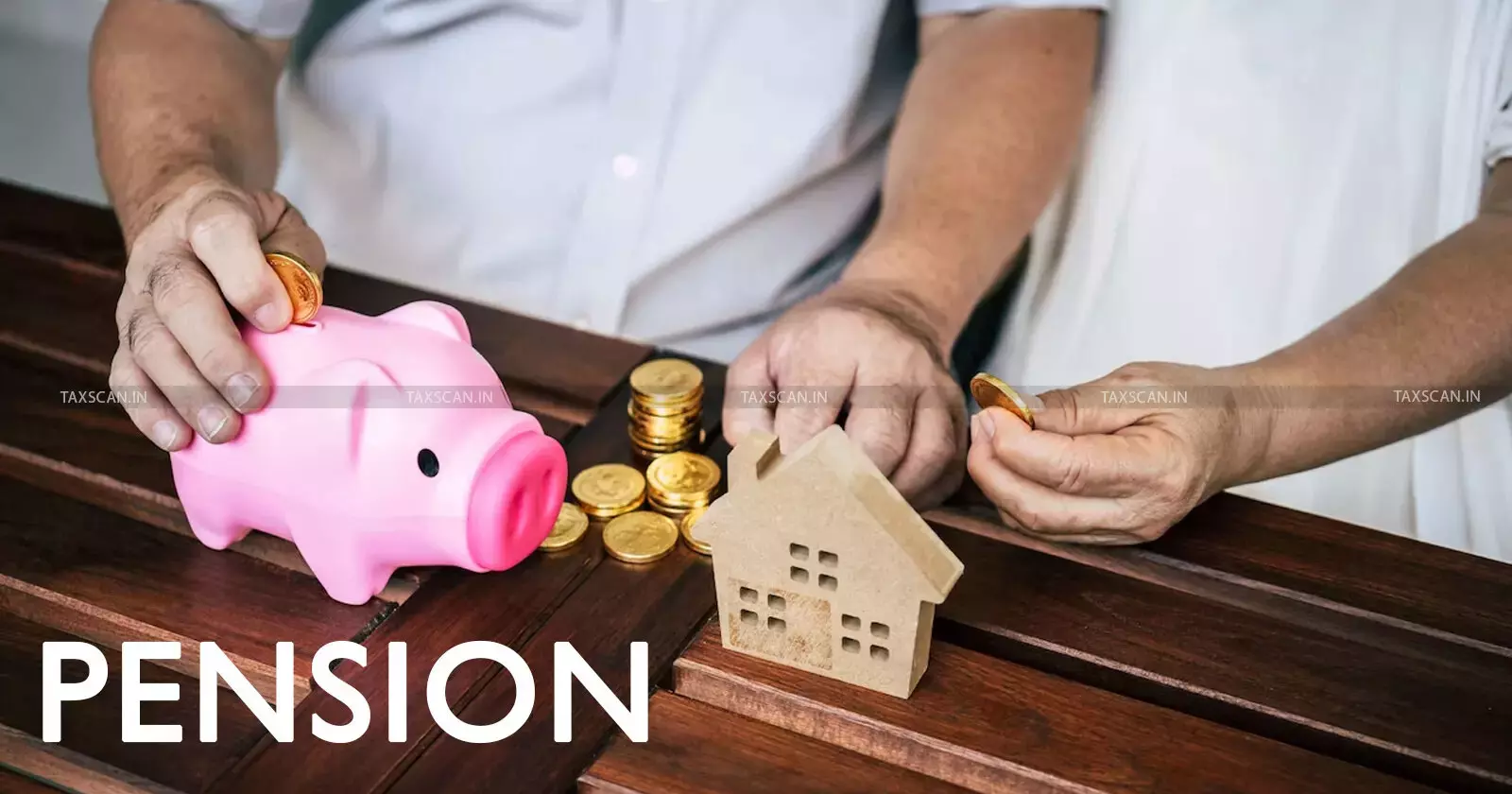Kerala Govt promises Assured Pension Scheme for State Govt Employees! The End of Contributory Pension is Sight?
The proposal comes just ahead of the upcoming elections, with the government already setting up a high-level committee led by the Chief Secretary and Finance Secretary to study the modalities of the new arrangement

In a politically significant move, the Kerala government is preparing to transition its employees from the existing contributory pension scheme to an assured pension model.
The plan is anchored on the Centre’s Unified Pension Scheme (UPS), which was unveiled last year as a middle path between the fiscally unsustainable Old Pension Scheme (OPS) and the market-linked New Pension System (NPS). Unlike the current contributory system where retirement benefits depend on investment returns and annuity markets, the assured pension model is expected to guarantee a percentage of the average basic pay of the last twelve months for employees completing 25 years of service.
A minimum pension floor has also been promised, making the scheme particularly attractive for lower-income staff.
Kerala’s move is expected to bring relief to thousands of government employees who have long expressed unease over the uncertainty of post-retirement benefits under the NPS framework. The UPS retains the contributory principle, with employees contributing 10% of their salary and dearness allowance, but the government’s role expands considerably. Apart from matching contributions, the state will also deposit additional funds into a pooled support corpus, ensuring the defined payouts. This arrangement effectively shifts risk back to the exchequer, raising questions about the long-term fiscal strain it may impose.
The committee formed by the state has been tasked with examining key aspects, including the treatment of existing employees, migration rules, actuarial projections, and the administrative machinery needed to run such a scheme.
Comprehensive Guide of Law and Procedure for Filing of Income Tax Appeals, Click Here
Officials are expected to study how states like Maharashtra and Odisha have adopted the UPS, and whether Kerala should follow a phased rollout or allow voluntary migration. Maharashtra, one of the first states to adopt the model, limited the initial scope to new recruits, while Odisha introduced cabinet-backed rules that gave employees a one-time option to switch.
For employees, the shift promises predictability. The assurance of a steady pension restores a sense of security that many felt was eroded when the contributory scheme was introduced. Family pension provisions and gratuity benefits under the UPS framework add to the appeal. For the government, however, the trade-off is stark. The additional contribution towards the pooled corpus will expand recurring liabilities, potentially tightening fiscal space and limiting future spending flexibility.
Political timing cannot be ignored. By announcing the move ahead of the elections, the ruling front signals to organised employee groups and pensioners that their concerns are being addressed.
Pension promises often carry a considerable electoral weight in Kerala, where public sector unions form an influential voting bloc. Yet, economists warn that without careful phasing and fiscal discipline, the assured pension model could replicate the very fiscal burdens that led to the phasing out of the Old Pension Scheme two decades ago.
Kerala’s experiment will be watched closely across India. If implemented prudently, the scheme could balance employee welfare with fiscal realism, offering a middle ground between market risk and unfunded promises. If rushed, however, it may lock the state into liabilities that outpace revenues in the long run. The committee’s report and further execution, expected soon, will determine whether this reform becomes a responsible recalibration or an election-driven gamble.
Support our journalism by subscribing to Taxscan premium. Follow us on Telegram for quick updates


